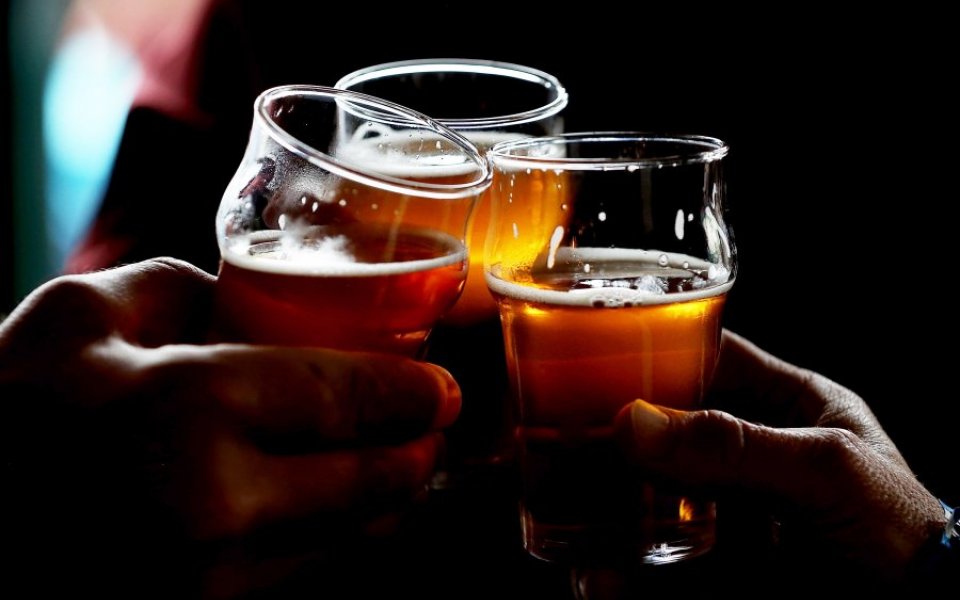Institute of Economic Affairs debunks fears over 24-hour drinking: Licensing Act did not result in catastrophe

Relaxing liquor licensing laws has benefited consumers and caused little harm, the Institute of Economic Affairs (IEA) is arguing today.
On the tenth anniversary of the Licensing Act and so-called 24-hour drinking, the free-market think tank has said that looser licensing laws “did not result in the catastrophic outcomes” predicted a decade ago.
“The apocalypse that so many people predicted when Britain overturned its archaic licensing laws ten years ago never arrived,” the IEA’s director of lifestyle economics Christopher Snowdon said. “Alcohol-related crime is down, violence is down and rates of binge-drinking are down.
“Those who want to drink until midnight, and often later, are now able to find at least one pub or bar in which to do so, with the added bonus that they are less likely to be assaulted, harassed or run over when they leave,” he added. “We are drinking less, drinking slower and drinking locally.”
Changes brought in under the Licensing Act were aimed at discouraging people from rushing through too many drinks at 11PM, when pubs and other establishments usually stopped serving.
According to the IEA, despite alcohol being more readily available, consumption has actually fallen since 2005. The think tank also said that official measures of excessive drinking have shown a drop-off, with the number of 16 to 24-year-olds binge drinking falling from 29 per cent to 18 per cent in the last decade.
The IEA also pointed to figures showing that the rate of violent crime in England and Wales has fallen by 40 per cent since 2005, while the number of alcohol-related crimes, including domestic violence incidents, has also dropped by 28 per cent.
“The prophets of doom were wrong,” Snowdon said. “Liberalisation worked.”